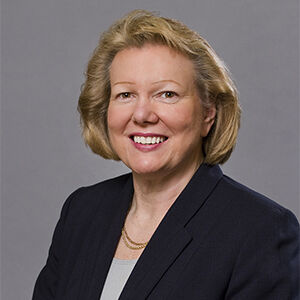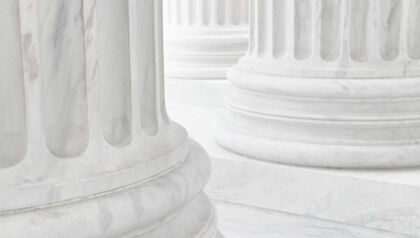Extended Catch-up Contributions
SECURE Act 2.0 was signed into law in December 2022, bringing with it major changes that encourage employers to offer retirement plan benefits and incentivize employees to save for their future retirement. The rules for catch-up contributions for 401(k), 403(b) and 457(b) governmental plans were affected. Internal Revenue Service (IRS) has issued guidance that extends the new requirement that any catch-up contributions made by plan participants earning more than $145,000 in Social Security wages in the prior year had to be designated as after-tax Roth contributions for two years until 2026.
The IRS clarified that plan participants who are aged 50 or older can continue to make catch-up contributions after 2023, regardless of income level.
Future Guidance for Roth Contributions
Notice 2023-62 highlighted expected future guidance concerning the requirement that catch-up contributions be Roth contributions for higher-income taxpayers. Most notably, the rule is expected not to apply to partners who do not have Social Security wages or to state and local government employees whose wages are excluded from Social Security wages.
In addition, if an individual is employed by two employers who sponsor the same plan, the determination of whether that individual is a higher-income taxpayer subject to the required Roth catch-up contribution rule will be based on the individual’s Social Security wages for each employer separately. With two employers, an employee earning $125,000 from each would not be a higher-income taxpayer even though total Social Security wages would exceed the $145,000 threshold.
Over the next two years, the IRS will be drafting guidance mandating after-tax Roth contributions for catch-up contributions made by certain employees. The IRS has requested public comments, particularly concerning whether an employer can circumvent this rule by limiting catch-up contributions to plan participants who do not qualify as higher-income individuals.
Let Us Guide You Forward
To learn more about how the SECURE 2.0 Act impacts you and your business, reach out to a Cherry Bekaert tax advisor.





